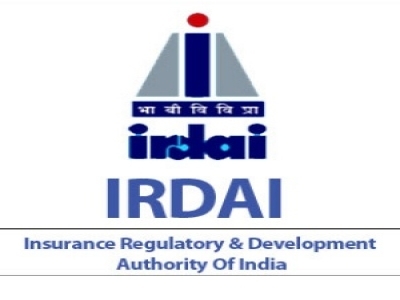Listen to this article
IRDAI may soon bring uniformity in payment of commission of agents, brokers and Motor Insurance Service Providers (MISP).
In a draft circular, IRDAI said that “The commission, remuneration, reward and distribution fees to insurance agents and insurance intermediaries shall be in accordance with the extant IRDAI (Payment of Commission or Remuneration or Reward to Insurance Agents and Insurance Intermediaries) Regulations 2016 as amended from time to time.”
Currently, MISPs who are essentially automobile dealers command higher commission than agents and brokers. IRDAI has allowed insurance companies to pay up to 22.5% of total premium as the commission in 2 wheelers and 19.5% of the total premium for other vehicles such as cars and SUVs. This commission structure is applicable only on premium charged towards ‘own damage’. Premium of comprehensive motor insurance policies has two components – third party and own damage.
On the other hand, general insurance companies can pay up to 15% of the premium as commission on comprehensive motor insurance policies to agents and brokers.
Another aspect of the circular is that agents will be allowed to sell long term motor insurance policies.
Here are some other key proposals:
- All general insurers will be allowed to launch long term motor insurance policies. Long term motor insurance policy offers comprehensive cover. Currently, it comes with two variants - 1+3 in cars (1-year own damage + 3 years third party) and 1+5 in two wheelers
- Policyholders and insurers can cancel these policies within free look period of 30 days
- Post 30 days policyholders can cancel the third-party component during the life time of policy provided they have not made any claim request
- Refund will be on pro-rata basis. Also, commission to agents and MISPs will be subject to claw back accordingly
- Refund on tax component (GST on premium amount) will be subject to government norms
- Insurers will have to set up board approved policy to pay and claw back commission
- While insurers can collect gross premium amount on long term policy, they will have to segregate it into premium deposit (comprehensive premium of the first year) and advance premium (third party premium paid for subsequent years)






